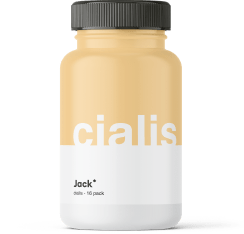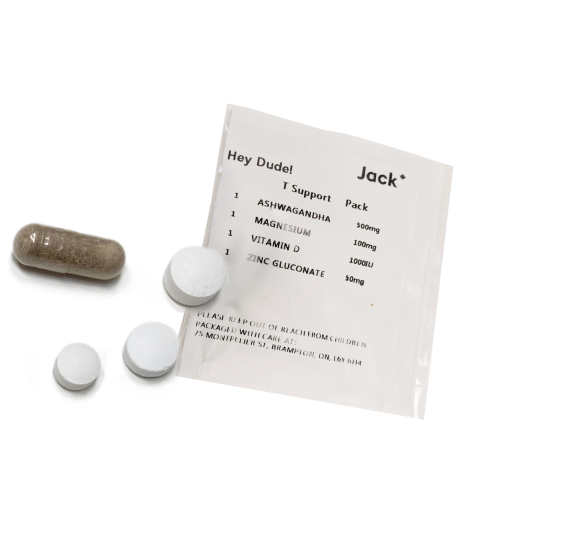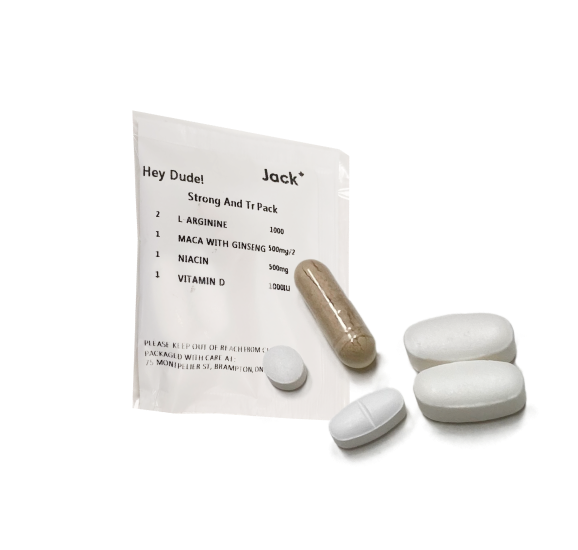Imagine a pause button on pleasure, a temporary shutdown after the peak: that’s the refractory period, and for many men, its duration is a source of both curiosity and frustration.
The refractory period, a natural physiological process, is the time following orgasm during which another orgasm is difficult or impossible.
This period varies significantly between individuals and can be influenced by numerous factors. Some men seek to shorten this period to enhance their sexual experiences, increase partner satisfaction, or simply explore the limits of their sexual capacity.
This article aims to provide factual, concise, and engaging information on the factors influencing the refractory period and practical tips to reduce recovery time.
What is a Refractory Period?
The refractory period is a temporary recovery phase after orgasm, where sensitivity decreases, and another orgasm is temporarily impossible.
It results from complex interactions between neurotransmitters, hormones, and neural pathways.
This period prevents continuous sexual activity, allowing the body to reset. The duration varies from minutes to hours based on individual factors.
Factors Affecting the Refractory Period
Several factors influence the length of the refractory period, making it unique for each individual:
- Age: Testosterone levels decline with age, leading to a longer refractory period. Reduced blood flow and nerve function further increase recovery time.
- Hormone Levels: Lower testosterone and higher prolactin levels extend the refractory period, affecting sexual function.
- Overall Health: Conditions like diabetes, cardiovascular disease, and neurological disorders impair blood flow, nerve function, and hormone balance, prolonging recovery.
- Psychological State: Stress, anxiety, depression, and relationship issues disrupt neurotransmitter and hormone balance, increasing the refractory period.
Tips to Shorten the Refractory Period
Various strategies can potentially help reduce recovery time between sexual activity. These strategies encompass lifestyle adjustments, potential medical interventions, and behavioral techniques.
Healthy Lifestyle Choices (Natural Solutions)
- Diet: A balanced diet rich in fruits, vegetables, lean proteins, and healthy fats supports overall health and hormonal balance. Foods rich in zinc, vitamin D, and antioxidants can particularly benefit sexual health.
- Exercise: Regular physical activity improves cardiovascular health, blood flow, and testosterone levels. Both aerobic exercise and strength training can positively impact sexual function.
- Sleep: Adequate sleep is essential for hormone regulation and overall well-being. During sleep, the body produces and regulates hormones, including testosterone. Aim for 7-9 hours of quality sleep per night.
- Stress Management: Techniques like meditation, yoga, deep breathing exercises, and mindfulness can reduce stress and anxiety, improving sexual function. Chronic stress can elevate cortisol levels, which can interfere with testosterone production.
Use of Drugs & Supplements
Certain medications and supplements may influence the refractory period, but it’s crucial to consult a doctor before use.
- ED Medications: Medications like Viagra, Cialis, and Levitra can improve blood flow to the penis, potentially shortening the refractory period for some men.
- Supplements: Some supplements, such as DHEA, L-arginine, and Tribulus Terrestris, are marketed as testosterone boosters, but their effectiveness and safety are not always well-established.
- Potential Risks: ED medications can have side effects, including headaches, flushing, and vision changes. Supplements may interact with other medications or have adverse effects. Always consult a healthcare professional.
Importance of Foreplay and Delaying Orgasm
Extended foreplay and techniques to delay orgasm can enhance arousal and potentially reduce the perceived length of the refractory period by increasing the enjoyment of the overall sexual encounter.
Focusing on sensual experiences and building anticipation can create a more fulfilling sexual experience. Techniques like the “stop-start” method or the “squeeze technique” can help control orgasm.
Techniques to delay orgasm are not only beneficial for extending sexual pleasure but can also help in managing related concerns.
For some, the desire to shorten the refractory period is intertwined with challenges like premature ejaculation. Learning effective methods to control ejaculation can lead to a more satisfying sexual experience overall.
Effects of ED Medications on the Refractory Period
While Erectile dysfunction medications may influence recovery time by improving blood flow and enhancing sexual function, they do not eliminate the refractory period.
- Viagra (sildenafil): Viagra works by inhibiting PDE5, an enzyme that regulates blood flow to the penis. This increased blood flow can potentially shorten the refractory period for some men. To ensure you’re getting the most out of it, it’s important to understand the best results of using Viagra. Knowing the optimal timing and usage can significantly improve your experience.
- Sildenafil: As the generic form of Viagra, sildenafil works similarly, with comparable effects on recovery time.
- Cialis (tadalafil): Cialis also inhibits PDE5, but its longer duration of action (up to 36 hours) can potentially reduce the perceived refractory period by allowing for more sustained sexual activity. For those seeking to optimize their experience with this medication, understanding how to achieve the maximum effect of Cialis is key.
- Tadalafil: The generic version of Cialis, tadalafil, has effects similar to Cialis on recovery time.
What if I Can’t Shorten My Refractory Period?
Acceptance of individual differences is crucial. Focus on alternative forms of intimacy, such as cuddling, sensual massage, and emotional connection.
Maintain realistic expectations about sexual performance. Open communication with your partner about your needs and desires can enhance intimacy and satisfaction.
When Should I Consult a Doctor?
Seeking professional medical advice is crucial when you experience any significant or persistent changes in your sexual function. These changes could indicate underlying health issues that require attention. Here’s a more detailed breakdown of when to seek medical help:
- Sudden Changes in Sexual Function: If erection ability or refractory period length changes suddenly, this may signal vascular, neurological, or hormonal issues.
- Persistent Erectile Dysfunction (ED): Occasional ED is common, but ongoing difficulty requires medical attention for proper diagnosis and treatment.
- Pain During Intercourse (Dyspareunia): Pain during sex is not normal and should be evaluated to identify and treat underlying causes.
- Concerns About Hormone Levels: If you suspect hormone imbalances, seek medical evaluation for potential treatment options.
- Other Sexual Health Concerns: Any unusual symptoms, such as lumps, sores, discharge, or pain, require medical attention. STI concerns should also be addressed promptly.
Why Early Consultation Is Important:
- Early Detection: Many underlying health conditions that affect sexual function can be treated more effectively when detected early.
- Preventing Complications: Ignoring sexual health issues can lead to more serious health problems down the line.
- Improving Quality of Life: Addressing sexual health concerns can improve your overall well-being and enhance your relationships.
- Peace of Mind: Speaking with a doctor can provide reassurance and address any anxieties you may have.
Key Takeaways
- The refractory period is a normal physiological process influenced by various factors, including age, hormones, and overall health.
- Lifestyle changes, medical interventions, and behavioral techniques may help reduce recovery time.
- Consult a doctor for persistent concerns or before using medications or supplements.
Frequently Asked Questions
Does the Refractory Period Vary between Masturbation and Partner Sex?
Yes. The psychological and physical dynamics of masturbation and partnered sex can lead to variations in the refractory period. Partnered sex often involves a greater emotional and physical investment, which can influence recovery time.
Is the Refractory Period Different for Everyone?
Yes. Individual differences in biology, health, and lifestyle contribute to variations in the refractory period. Genetics, health conditions, and personal habits all play a role.
Are There Any Side Effects to Medications that Shorten the Refractory Period?
Yes. ED medications and supplements can have side effects. Potential risks include headaches, flushing, dizziness, vision changes, and cardiovascular risks. Some supplements may interact with other medications or have adverse effects. Always consult a doctor before use.















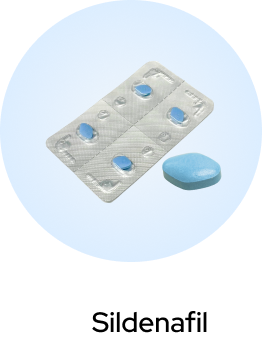
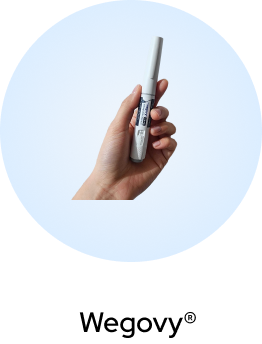
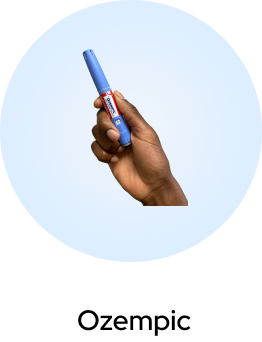


 (US)
(US)